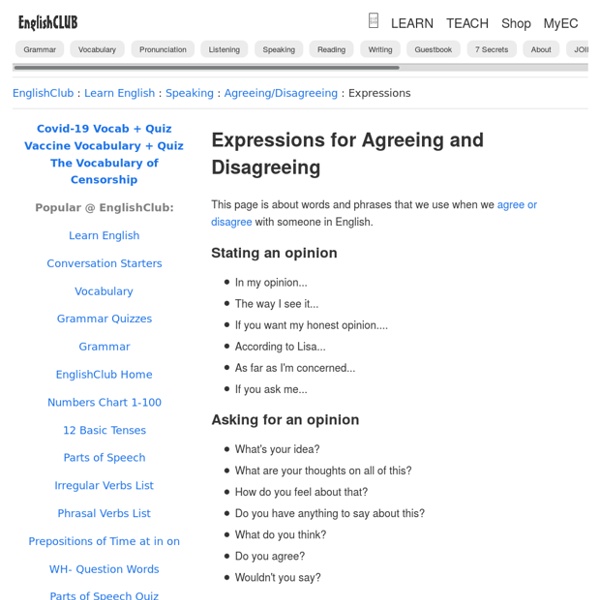The Plot
The Plot The Plot Question time! What is it that you think they wanted? What do you think is in the barrels? Which mouse is in charge?
happy
English is a West Germanic language that was first spoken in early medieval England and is now a global lingua franca. Named after the Angles, one of the Germanic tribes that migrated to the area of Britain that would later take their name, England, both names ultimately deriving from the Anglia peninsula in the Baltic Sea. It is closely related to the Frisian languages, but its vocabulary has been significantly influenced by other Germanic languages, particularly Norse (a North Germanic language), as well as by Latin and French.[6] English has developed over the course of more than 1,400 years. The earliest forms of English, a set of Anglo-Frisian dialects brought to Great Britain by Anglo-Saxon settlers in the 5th century, are called Old English.
Discussion
Social networking can be too dangerous for young people and should only be available to adults. Examiner: So, now we’re going to have a short discussion. You’ve got one minute to take notes and prepare together for a two-minute discussion. Remember to listen, take turns and explain your opinions.
A few discussion activities for English language students
What discussion activities work in class? Tekhnologic, winner of the British Council’s TeachingEnglish blog award, shares a few ideas in one of our top five articles of all time, illustrated by artist Jamie Johnson. A discussion can bring out your students’ interests and motivate them; it’s a chance for them to talk about the things they really care about. Giving and justifying opinions in English can also bring students a sense of accomplishment, as they are using the language to express complex ideas. Discussion activities encourage critical thinking, and are therefore excellent preparation for speaking tests, such as IELTS or TOEFL, which partly examine the ability to express and justify opinions in English.
Conversation Questions for the ESL/EFL Classroom
If this is your first time here, then read the Teacher's Guide to Using These PagesIf you can think of a good question for any list, please send it to us. Home | Articles | Lessons | Techniques | Questions | Games | Jokes | Things for Teachers | Links | Activities for ESL Students Would you like to help? If you can think of a good question for any list, please send it to us. If you would like to suggest another topic, please send it and a set of questions to begin the topic.
25 Terrific Online Games for English Language Learners - Online College Courses
English language learners fall into two categories — native speakers and those pursuing it via ESL/EFL instruction (or self-instruction!). But both demographics can build up their skills, no matter their age or proficiency, through game-based learning. The Internet, in its infinite providence, does not disappoint when it comes to hosting effective resources for teaching and reviewing the core components of the English language. Here’s a few particularly useful games or, more accurately in most cases, suites of games.
Agreeing and disagreeing
Ana: Hi! I'm Ana. Welcome to What to Say! Do you know what to say when you agree and disagree?
250 Quality Conversation Starters: The Only List You'll Need
Share on StumbleUpon0 shares on StumbleUpon Here are some great questions for starting a conversation. There are a lot of random conversation starters to get you started and then conversation questions listed by topic. You can start with the random questions or find a topic that interests you. There’s no right place to start, just scroll down to wherever you want and get started! There are tons of ways to use these questions.
BusyTeacher.org
It’s only natural. After all, they are trying to talk in a language they are still working on learning. Still, silence can be deadly in the ESL classroom for your students and you. When you want to get your students to speak up, try one of these fun and simple games to get them talking in class. 1This is How We RollYou can use this simple game as a get to know you at the start of school or later as a get to know you better activity. All you need is one standard die and six questions – either ice breakers or ones that elicit opinions, experience or other personal thoughts.
Six collaborative games for competitive English language classrooms
Do you want your English language learners to work toward a common goal in the classroom? Teacher David Petrie, who won the TeachingEnglish blog award , tells us his tried-and-tested methods. One of my favourite revision activities with my classes is 'backs to the board', also known as 'hotseat'. I divide the class into two teams.
Engage Now - Student Interactions - teacher heath
Do you hear your students say things like: "No! That's Wrong!" "What are you talking about?" "Stop being so bossy!"
Behemoth, bully, thief: how the English language is taking over the planet
On 16 May, a lawyer named Aaron Schlossberg was in a New York cafe when he heard several members of staff speaking Spanish. He reacted with immediate fury, threatening to call US Immigration and Customs Enforcement and telling one employee: “Your staff is speaking Spanish to customers when they should be speaking English … This is America.” A video of the incident quickly went viral, drawing widespread scorn. The Yelp page for his law firm was flooded with one-star reviews, and Schlossberg was soon confronted with a “fiesta” protest in front of his Manhattan apartment building, which included a crowd-funded taco truck and mariachi band to serenade him on the way to work. As the Trump administration intensifies its crackdown on migrants, speaking any language besides English has taken on a certain charge. In some cases, it can even be dangerous.



